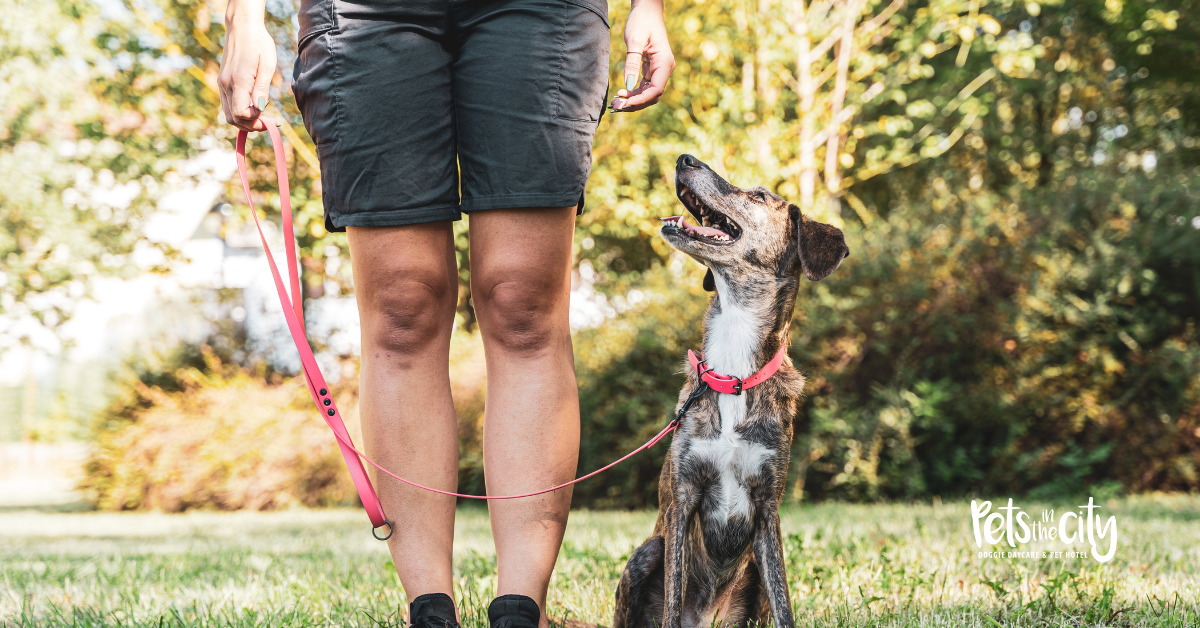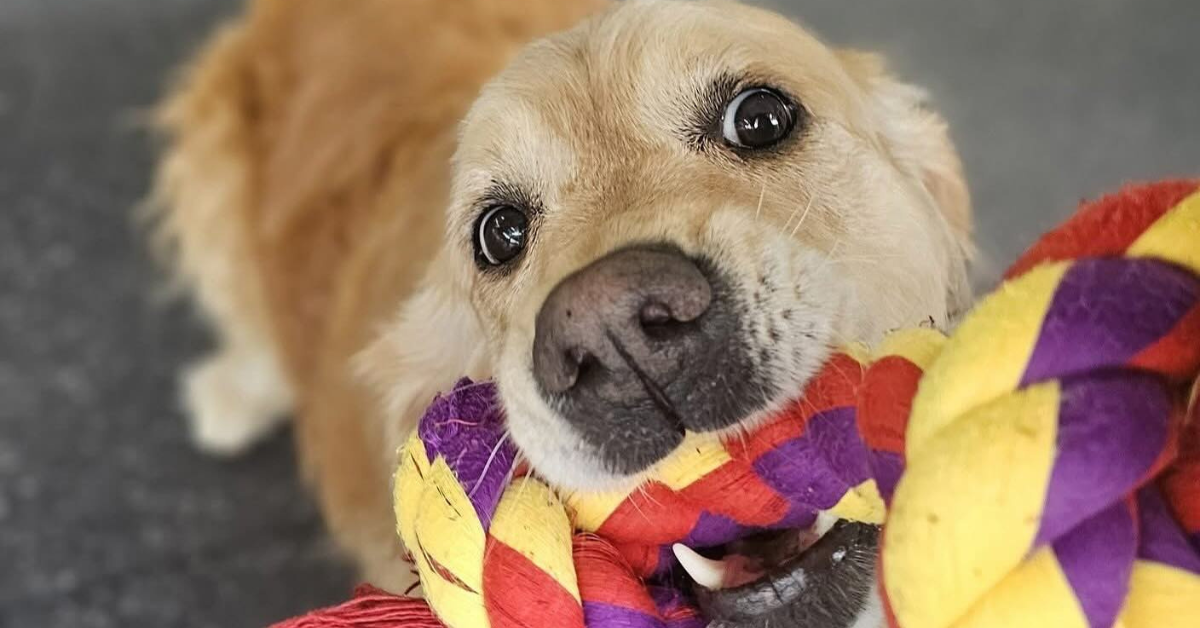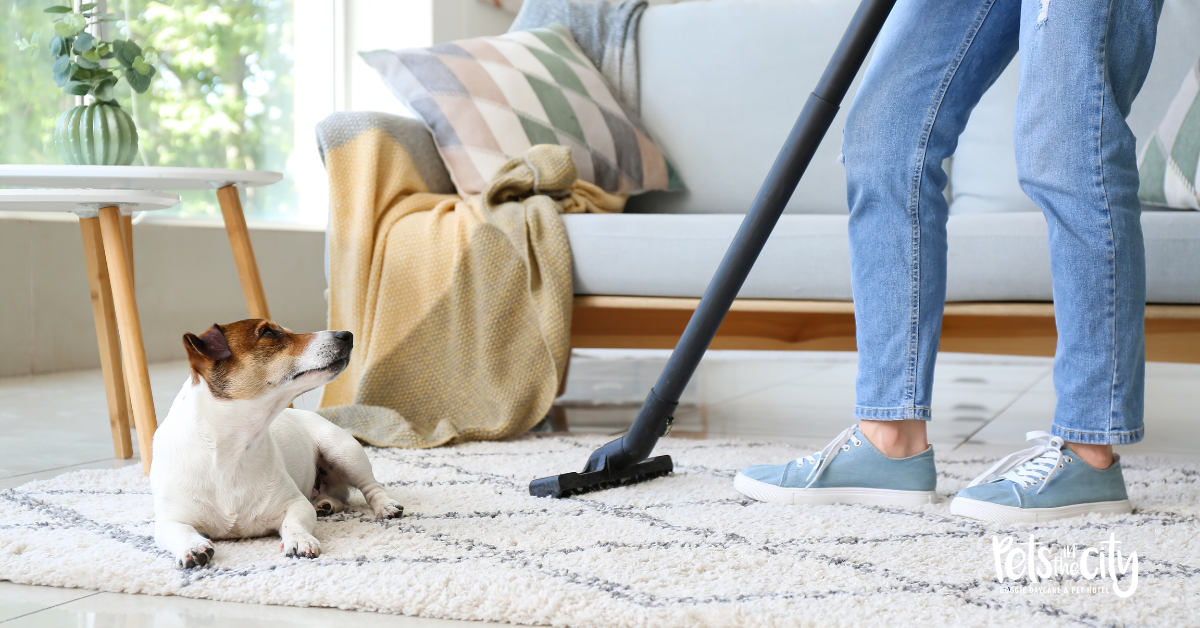Is dog day care actually worth the cost? What do dogs get out of it?
If you’re an Auckland dog parent weighing up day care costs, you’re not alone. Busy workdays, winter darkness, and travel plans can leave even the...
5 min read
Layamon Bakewell, Pets In The City
:
14/10/2025 8:25:18 PM

If your dog loves a beach sprint at Mission Bay or a sniffari through an Auckland park, recall training is the safety net that lets them enjoy freedom without risk. A reliable “come” isn’t a party trick, it is the cue that can stop a dash into traffic, a chase after wildlife, or a lost-dog emergency.
Recall training matters for your dog’s safety. It acts as your off switch when life throws surprises. In Auckland, with fast roads, busy beaches and wildlife areas, a solid “come” protects your dog and people nearby.
Strong recall ties into risk management. It cuts down on dashes across Tāmaki Drive, chases near shorebirds at Long Bay and Shakespear, and panics at busy dog parks. Your outings will feel calmer as your dog learns returning to you is the best choice.
Tip. Teach an emergency recall word like “Now.” Use it only for high-stakes moments. Reward your dog as if they won the lottery.
Mistake Relying on backyard training before tackling busy spots. Bridge the gap with a long-line and proofing in controlled settings before going fully off-leash.
Five focused minutes a day can transform your dog’s response. Keep it positive, repeat every day, and raise distractions as you go. Your goal is to make returning pay big each time.
Use a whistle at windy spots like Mission Bay. Biothane long-lines resist water and sand at wet parks and beaches. Train at off-peak times before moving into busier settings.
Mistake Repeating the cue. Say it once, then make success easy. Shorten distance, boost reward value or use the long-line to avoid teaching your dog to ignore and run.
Choose a spot where your dog can win. Then add distractions that match your real outings. Always check Auckland Council rules for seasonal dog access restrictions. When in doubt, keep a long-line on.
Tip. Play the Check-In game. Reward your dog whenever they glance back at you. Frequent check-ins make recall easier off-leash.
Mistake. Jumping from backyard success to peak-hour dog park chaos. Add one variable at a time: new place, then new sounds, then more dogs.
Force-free, reward-based practice makes recall stick. We blend your home routine with our services to build focus and reliability throughout your dog’s day.
Here’s how we complement your training:
When comparing providers look for force-free methods, clear training plans, consistent proofing in new settings and open communication on progress. See our mission and values on our website.
New Zealand’s pet sector grows every year. Auckland owners value humane, reliable care. A model that combines daycare, training, boarding and grooming offers steady income.
Pets in the City provides a values-led franchise path with training and ongoing support. Do your research, speak with current owners and confirm fit with your local market.
Learn about franchise opportunities.
How long does it take to train reliable recall?
Many dogs improve within two weeks of daily five-minute sessions. Solid reliability builds over six to eight weeks. Always proof in new places on a long-line first.
Which works better at the beach, a whistle or my voice?
Whistles carry farther in wind. Your voice works for daily use. The key lies in consistent cues and big rewards for quick returns.
What if my dog ignores me at the park?
Reduce distractions and cut distance. Switch to a long-line and boost reward value. Practice easy wins before tackling busy spots again.
When should I start recall training?
Begin as soon as your puppy arrives home. Make it a short, fun game with big rewards. Older dogs learn well too with patient proofing.
Do I need an e-collar for recall?
Most dogs achieve reliable recall with force-free methods. Use management tools like long-lines, great rewards and step-by-step proofing.
My dog only comes when treats are visible. What next?
Vary when you reveal treats. Reward with food, toys or return to play. Keep some jackpots for instant responses.
Should I change my recall cue?
If your cue lost value, add a new word reserved for high rewards. Teach it well, then retire the old cue.
You have a clear, Auckland-savvy path to safer off-leash adventures. Start easy, reward big, proof gradually and use safety tools until recall is rock solid.
Pick a fresh word like “Now.” Say it, then toss five to ten tiny treats one by one for instant magic. Repeat once or twice a day at home for a week. Move to a long-line outdoors. Use it only for real emergencies or special paydays to keep it strong.
If you want force-free support or a tailored plan, visit our training, daycare, hotel and wellness pages on petsinthecity.co.nz or get in touch through our contact page. We welcome pet owners and community partners alike.
Ready to build a rock-solid recall with expert, force-free support? Contact Pets in the City or explore our training optionsto get started.

If you’re an Auckland dog parent weighing up day care costs, you’re not alone. Busy workdays, winter darkness, and travel plans can leave even the...

Your complete Auckland-proof plan for turning Guy Fawkes from "Boom-pocalypse" to "Bunker-and-Chill" Why Your Dog Thinks the Sky is Falling (And Why...

If you’ve just welcomed a new pup into your Auckland home, you’ve probably heard that “socialisation is everything.” But what does that really mean,...